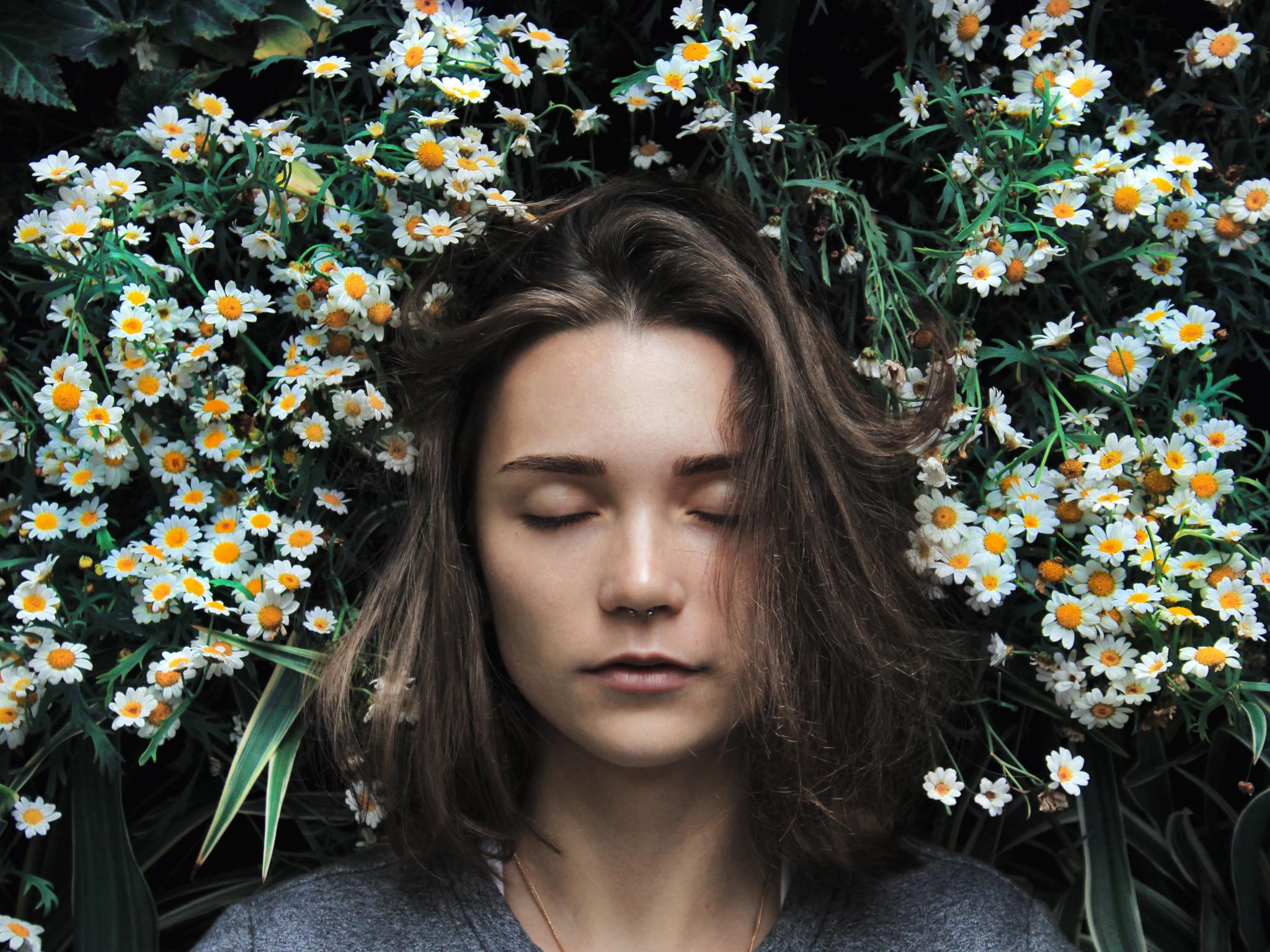
Even though medical marijuana is often recommended to help treat sleep disorders, anxiety and some forms of epilepsy, a new review published in Nature and Science of Sleep confirms that more research is required.
The review, which analyzed studies from PubMed, Web of Science, Google Scholar and Scopus, however, did find promising results, reported The American Journal of Managed Care.
The study examined clinical research using preclinical data from research on narcolepsy, obstructive sleep apnea (OSA) and idiopathic hypersomnia.
What Do We Know So Far?
Findings are mixed and on various parameters. For example, the effect of CBD on sleep quality varies, with one of the most recent studies conducted by Linares, et al, revealing no relevant impact in any measure of sleep quantity or architecture.
As per the review, there were no studies indicating an improvement in the time taken to fall asleep (sleep onset latency or SOL) after consuming THC, though one revealed a reduction in wake time after sleep onset (WASO).
What About THC And Insomnia?
This relationship has been examined in several studies, with one revealing a decrease in SOL by 43 to 62 minutes after consuming THC, compared to a placebo. On the other hand, THC made no impact on the number of awakenings or time spent awake. It also noted that adverse effects developed more often with higher doses.
Some studies also revealed improvement in insomnia-related symptoms with the help of nabilone (synthetic THC), while no data was offered on CBD being helpful with this sleep disorder.
“The American Academy of Sleep Medicine currently advises against the routine use of medicinal cannabis and/or its synthetic analogues for OSA treatment based on the limited evidence relating to efficacy and safety,” the review stressed.
It further offered promising results on dronabinol (a man-made form of THC) and its effect on the apnea-hypopnea index (AHI). It also mentioned a study that revealed nabilone has beneficial effects on post-traumatic stress disorder-related nightmare complaints.
It is important to note that the review only centered on research wherein sleep or sleep disorders were the focus, but sleep could also be improved by cannabinoids used for pain. The authors noted that this group of patients should be assessed in the future.
The Conclusion?
The authors concluded that “there is currently insufficient evidence to support the clinical use of any cannabinoid as a safe and effective routine treatment for any sleep disorder. However, encouraging outcomes from recent studies in relation to some disorders indicates that pursuit of elucidating the potential role of cannabinoids for the treatment of sleep disorders is warranted.”
The conclusion is in line with recent studies that revealed the not-so-beneficial relationship between cannabis and sleep, such as one that showed recent marijuana use is linked to extremes in nightly sleep patterns and duration.
Therefore, the conclusion reaffirmed – more research is vital.
Photo: Courtesy of Ann Danilina on Unsplash







